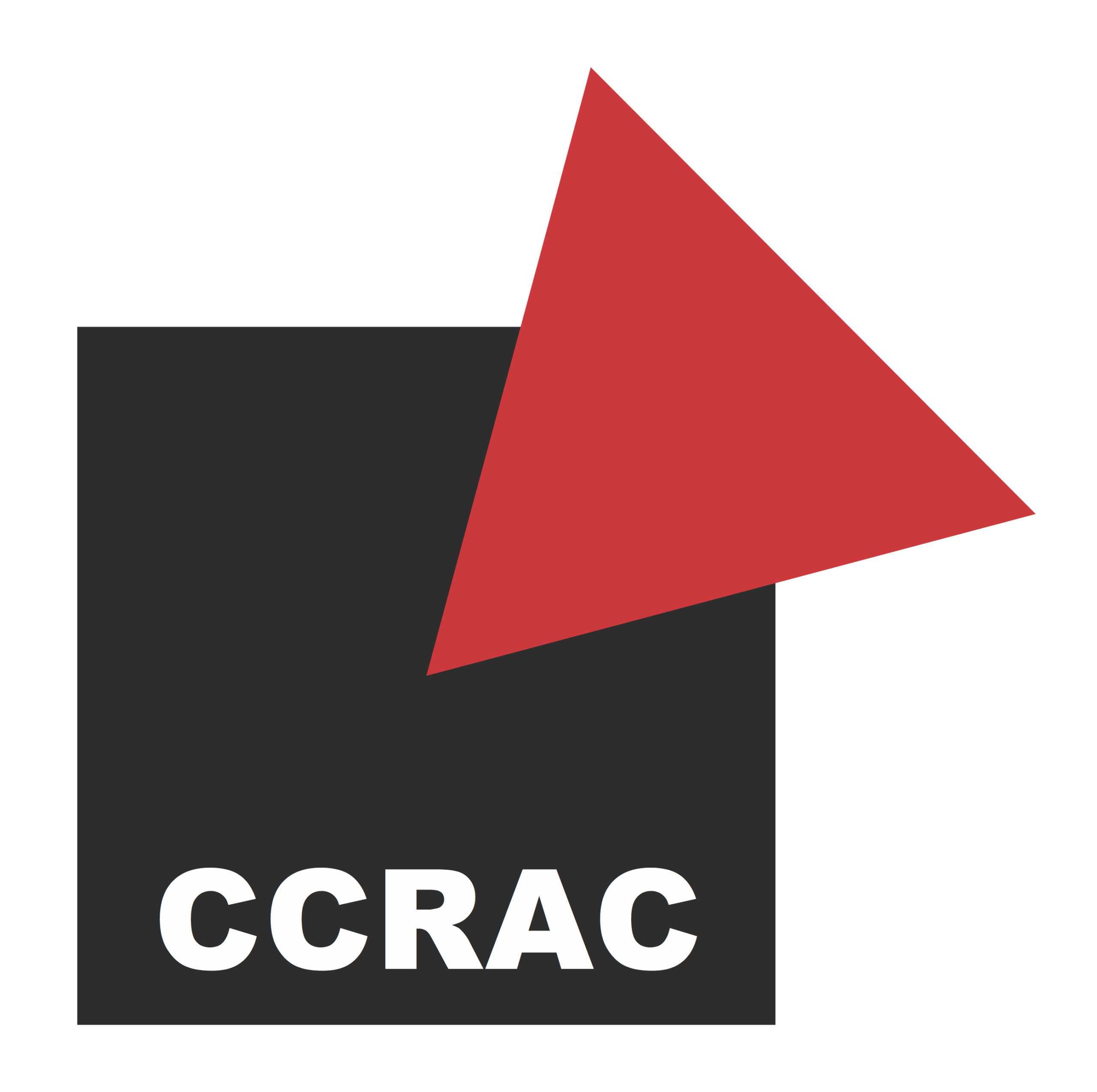CCRAC Co-Directors:
Dr Nicola Kozicharow (nlek2@cam.ac.uk) i
Dr Maria Mileeva (maria.mileeva@courtauld.ac.uk) completed her PhD at the Courtauld Institute of Art, where she currently teaches courses on Russian twentieth century art at both graduate and undergraduate level. Her doctoral thesis examined exhibitions of Western art in the Soviet Union in the 1920s and 1930s with a particular focus on the history of the State Museum of New Western Art (GMNZI), Moscow. Previously, she read Art History at Jesus College, Cambridge. Maria has also worked as an Assistant Curator of ‘Cold War Modern: Design 1945-1970’, held at the Victoria and Albert Museum, London in autumn 2008. Her research interests include cultural exchange between Russia and the West over the course of the 20th century, with particular focus on the politics of international exhibition design and the construction of art historical narratives as a means of defining national identity and cultural policy. She co-edited and contributed to the book Utopian Reality: Reconstructing Culture in Revolutionary Russia and Beyond (2013). Her latest research project explores the discourse of centre and periphery in Soviet cultural and institutional history by looking at a network of regional art museums in the peripheral outposts of Tbilisi, Yerevan, Baku, Kiev, Kharkov, Saratov and Kazan.
_____________________________________________________________________________
Rosalind Polly Blakesley (rpg27@cam.ac.uk) is Professor of Russian and European Art at the University of Cambridge, a Fellow of Pembroke College, Cambridge, and co-founder and former co-director of the Cambridge Courtauld Russian Art Centre. A Syndic of the Fitzwilliam Museum, she has served on the board of Kettle’s Yard and the Hamilton Kerr Institute, and curated exhibitions in London, Moscow and Washington DC. Blakesley has also been a Trustee of the National Portrait Gallery in London, where she curated and wrote the catalogue for the exhibition Russia and the Arts: The Age of Tolstoy and Tchaikovsky in 2016. Blakesley’s latest book, The Russian Canvas: Painting in Imperial Russia 1757-1881, was awarded the Pushkin House Russian Book Prize, the Art Newspaper Russia Best Book Award, and Honorable Mention from the Heldt Prize Committee for Best Book by a Woman in Slavic Studies. She is now working on the research project Russia, Empire and the Baltic Imagination, for which she holds a Leverhulme Major Research Fellowship from 2020-22. In 2017 Blakesley was awarded the Pushkin Medal by the Russian Federation for services to Anglo-Russian relations and Russian art.
Professor John Milner (john.milner@courtauld.ac.uk), art historian, curator, painter, is Co-Founder and Honorary Co-Director of CCRAC. Recent exhibitions include El Lissitzky+ (2009) at the Van Abbemuseum in Eindhoven. His publications on Russian Art include Rodchenko (Design) (ACC, London, 2009), Lissitzky (Design) (ACC, London, 2009), A Slap in the Face! Futurists in Russia (London, 2007), Kazimir Malevich and the Art of Geometry (Yale University Press, New Haven and London, 1996), and Vladimir Tatlin and the Russian Avant-Garde (Yale University Press, New Haven and London, 1984). He wrote on Malevich: becoming Russian for the Malevich exhibition at Tate Modern (July 2014). He is currently involved with curating three other exhibitions in London – Shukhov’s Moscow Radio Tower at GRAD (May 2014), a Jack of Diamonds display in the Courtauld Gallery (September 2014), and Russian Art 1917-32 at the Royal Academy of Art in 2017.
Professor Sarah Wilson‘s research also involves Russian art, focusing on the period post-1945. She is an art historian and curator whose interests extend from postwar and Cold War Europe and the USSR to contemporary global art. She was educated at the University of Oxford (English Literature) and at The Courtauld where she took her MA and Ph.D degrees. In 1997 she was made Chevalier des Arts et des Lettres by the French Government for services to French art and culture. She holds a chaire d’excellence at the Université de Versailles-Saint Quentin for the years 2012 and 2013, where her project ‘Globalisation before Globalisation: Modernisms, Academies, Revolutions’ has so far established contacts with Russian and Chinese Fine Arts academies and intends to rewrite and rethink the standard ‘isms-based’ curriculum.

